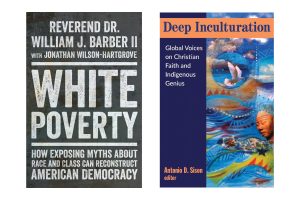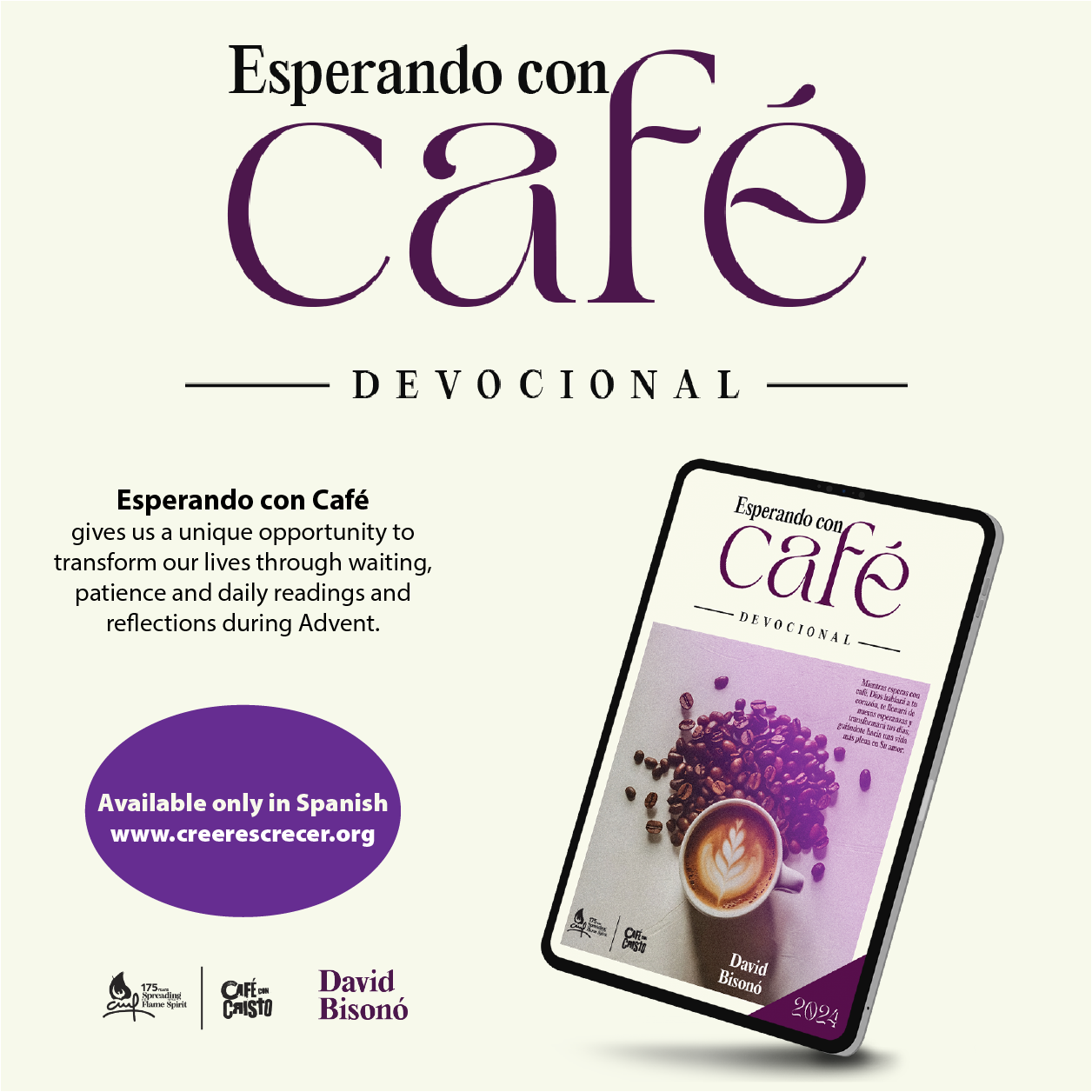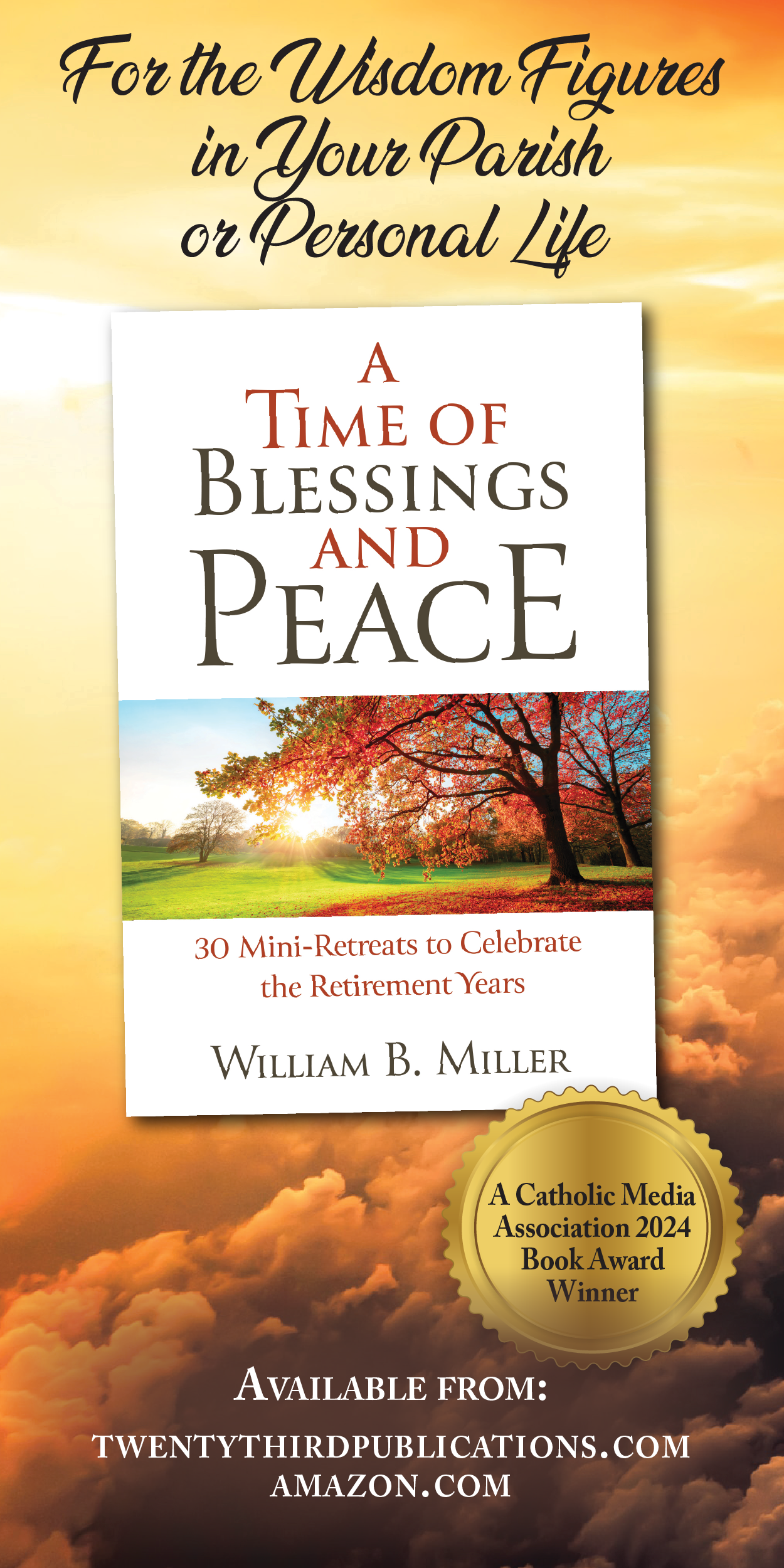With everyone eager to gauge the “Francis effect,” I’m afraid the media have latched on to some red herrings here or there. Of note is the bishops’ choice of Louisville Archbishop Joseph Kurtz as the new conference president. Kurtz, former bishop of my home diocese of Knoxville, Tennessee, has a background in social work and a history of caring for a brother with Down syndrome, who is now deceased. That sounds like a “Francis” kind of president–except for the fact that Kurtz was elected three years ago to be conference vice president, who is almost always (with one notable exception) elected president at the end of his term. Kurtz is also not a stranger of the bishops’ fight on the issue of same-sex marriage: He was, after all, the chair of the bishops’ Ad Hoc Committee for the Defense of Marriage and Family Life.
Some might argue that the choice of Houston archbishop, Cardinal Daniel DiNardo, was the more “Francis-like” choice over Charles Chaput of Philadelphia, one of the culture-warrior types among the bishops. But the choice of a cardinal, who will likely succeed to the presidency in three years, continues a trend begun with Chicago’s Francis George two terms ago: Whereas once conference presidents were drawn from bishops who were not cardinals–thus giving a higher profile to smaller dioceses and their bishops–the conference of late has leaned on the bishops with the most Roman contacts–George and Dolan, most recently. I suspect we will see more swapping back and forth between cardinals and other bishops for the near future. All of this preceded Francis’ election, of course.
DiNardo’s focus on immigration is a welcome one, and I’m sure some bishops have wanted to put energy into that more winnable fight around which American Catholics ought to be able to unite. And Kurtz may now feel freer to direct the conference focus to poverty, which would be a great place for it to be.











